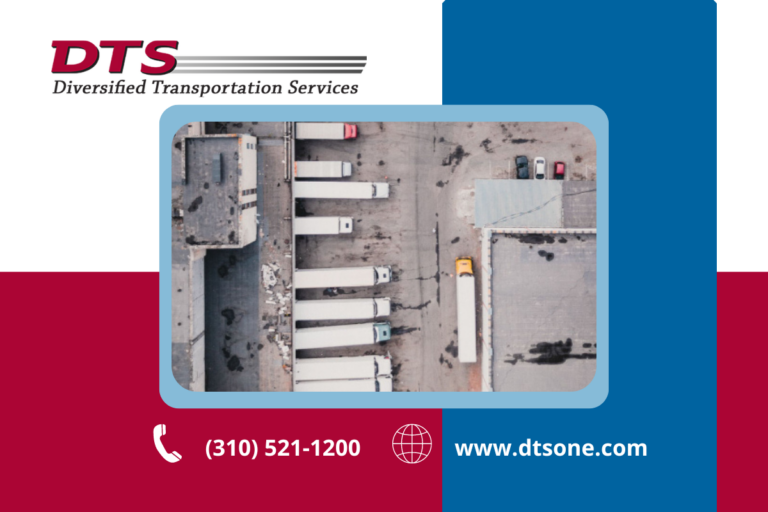
Several challenges are facing the trade show logistics industry. Among them are emerging technologies such as self-driving cars, which are seen as a threat to drivers working for these trade show shipping companies. The problem is compounded by rising customer demands, yet clients expect the price points to remain the same.
However, most indicators show that while the new trends will transform the trade show freight shipping sector, they are not an existential threat to the industry. This article looks at why trade show freight shipping companies are here to stay despite facing challenges that include.
For the past two years, the main concern for trade show freight carriers has been the shortage of capacity. Luckily, some of the major trade show freight shipping clients are still willing to pay higher rates to get their exhibitions delivered on time. This market dynamic translates to more jobs and higher wages for staff working for truckload carriers.
Trucks that can drive on the road that run only by algorithms have dominated the news in the recent past. Some players in the shipping industry have been anticipating the new technology to cause economic changes, particularly in employment. Some are even speculating that the availability of self-driving trucks that are fully automated could shatter some logistic companies. It is not an unrealistic expectation. Research shows that new technological changes are bound to cause a shift in the socio-economic landscape.
However, the amount of deep learning and AI algorithms that are required for automated trucks is quite extensive. Remember that for such trucks, tests for safety and efficiency have to be done in a controlled research environment. That means researchers are yet to confirm their performance in real-life road situations. Their capacity to detect unexpected obstacles on time is still not perfect. As a result, they are currently more effective for more level city roads than rural areas.
Therefore, even if some clients started using the available technology to deliver their exhibitions, there would be a limit to the areas where the trucks could go. Sensational blogs and news features may make it seem like the technology is ready for the road, but expert indicators still show that we are not there yet.
There has been a driver shortage in the last few years. Today, statistics suggest that most drivers are not carrier-affiliated. Instead, they are independent contractors that the truckload carriers are sometimes competing with each other to maintain. This has translated to them forking out better rates and benefits.
Luckily, this is proving to be beneficial because driving is more than taking a vehicle from one location to another. A trade show freight shipping company does a lot more than provide transportation services. They are, in effect, customer service agents who interact with clients.
Also, when the truck has a fault, the driver can veer off the road to check and even fix the mechanical issue. While automated cars can detect defects in the engine, no automation technology can carry out the minor repairs done by humans.
Drivers of trade show freight shipping companies inevitably play a critical role in customer service on behalf of the organization. They provide important updates to trade show managers while on the roads. Drivers also serve as an interface between the shippers and the carrier. They carry the image of the company whenever they engage with clients.
All in all, everyone has to wait for some time before it becomes clear whether an AI system can also replace the human touch in truckload shipping. Meanwhile, the industry is leveraging the benefits of emerging digital technologies. New information systems provide a wealth of data and metrics to carriers and drivers. They have proven useful in enhancing processes and in allowing carriers to offer better trade show shipping rates.
Recent trends in technology and shipping have posed challenges to the truckload and trade show freight shipping sector. However, there are also opportunities for drivers and carriers which outweigh the challenges.
Whether you're a company looking to improve one facet of your supply chain, your entire supply chain, or simply looking for a transportation and logistics consultation, we can help.